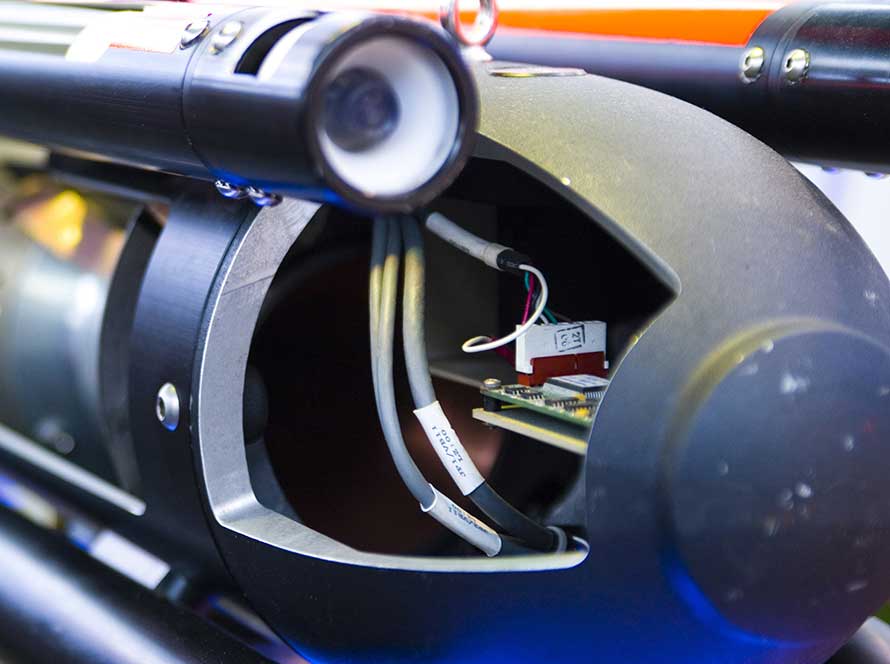As global awareness of environmental issues grows, the electronics industry is increasingly focused on sustainability in manufacturing. The shift toward eco-friendly practices is driven by both consumer demand and regulatory pressures, pushing companies to rethink how they design, produce, and dispose of electronic products.
One key area of focus is the reduction of e-waste, which is one of the fastest-growing waste streams globally. Manufacturers are exploring ways to extend the lifecycle of electronic devices through modular designs, which allow for easier repair and upgrading of components. By making it possible to replace individual parts rather than entire devices, companies can reduce the volume of electronic waste and conserve valuable resources.
In addition to product design, materials selection plays a crucial role in sustainable manufacturing. There is a growing trend toward the use of recyclable and biodegradable materials in electronics. For instance, some companies are experimenting with bioplastics derived from renewable sources, which can replace traditional petroleum-based plastics. These materials not only reduce the carbon footprint of manufacturing but also make it easier to recycle or dispose of products at the end of their lifecycle.
Energy efficiency is another critical aspect of sustainability in electronics manufacturing. Companies are increasingly adopting energy-efficient processes and technologies to reduce their environmental impact. This includes the use of renewable energy sources, such as solar and wind power, in production facilities, as well as the implementation of energy-saving technologies in manufacturing equipment. By reducing energy consumption, manufacturers can lower their carbon emissions and contribute to a more sustainable industry.
Supply chain management is also being reexamined through a sustainability lens. Companies are working to ensure that their suppliers adhere to environmentally responsible practices, from sourcing raw materials to shipping finished products. This might involve auditing suppliers for compliance with environmental standards, reducing the use of hazardous materials, and improving the efficiency of transportation logistics. By fostering a sustainable supply chain, manufacturers can minimize their environmental impact and enhance their reputation as responsible corporate citizens.
Furthermore, the concept of a circular economy is gaining traction in the electronics industry. In a circular economy, products and materials are kept in use for as long as possible, and waste is minimized through recycling and reusing. Companies are developing take-back programs, where consumers can return their old electronics for recycling, and designing products with recycling in mind. This approach not only reduces waste but also creates new business opportunities in recycling and remanufacturing.
Sustainability in electronics manufacturing is no longer an option but a necessity. The industry is making significant strides in reducing its environmental impact through innovations in design, materials, energy use, and supply chain management. As these practices continue to evolve, they will play a crucial role in creating a more sustainable and responsible electronics industry.

